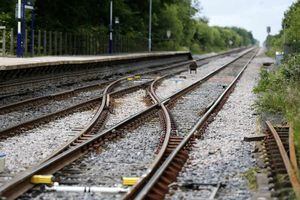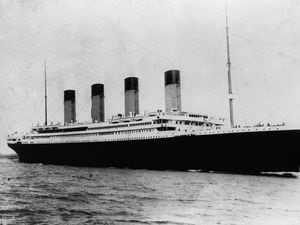Star comment: Railways talk must bear fruit
Talk about railways being placed at the heart of Britain’s transport strategy seems to be no more than that: talk.

Because for all of the good intentions and plans for new investment, it seems the railways are continually sold short.
We live in an age of commercialism and our railways have long since been sold to the private sector. Therefore, we should not be surprised that profit is at the heart of the way that railways are run. That means some routes that might provide an essential service to rural areas like Mid Wales do not get past the drawing board. And while politicians might want us to swap cars for the railways, it seems it is increasingly difficult to do so.
The news of rail fare increases hitting rail passengers with their highest rises in the past five years is thoroughly disappointing. Such inflationary rises will be a difficult pill to swallow for commuters.
How and why can people be expected to switch to the railways when cars are frequently less expensive, quicker and provide equal or greater comfort is a question that remains unanswered, particularly in rural areas such as ours.
There are already grumbles at the standard rail users have to put up with in this part of the world – not least the standard of rolling stock and overcrowding on some services.
The idea, therefore, of paying more for something that is seen as below par will no doubt create further bad feeling. There is a glimmer of hope, however. With the franchise changing hands in the West Midlands and with Arriva Trains Wales not renewing its bid for the Wales and Border franchise, commuters will be expecting to see improvements. If that happens, then no doubt some of the unrest sparked by this rise will dissipate.
Moving forward, however, there needs to be a greater connection between railway operators and their passengers. The people who run those companies need to understand more clearly the needs of train users and provide services that are more closely aligned with expectation.
Overcrowded trains at peak times have been a feature of our lines for too long, yet people are expected to pay a premium for such workaday services.
The issue is one that requires more detailed thought and better strategic planning. Talk is cheap. Commuters want action.





